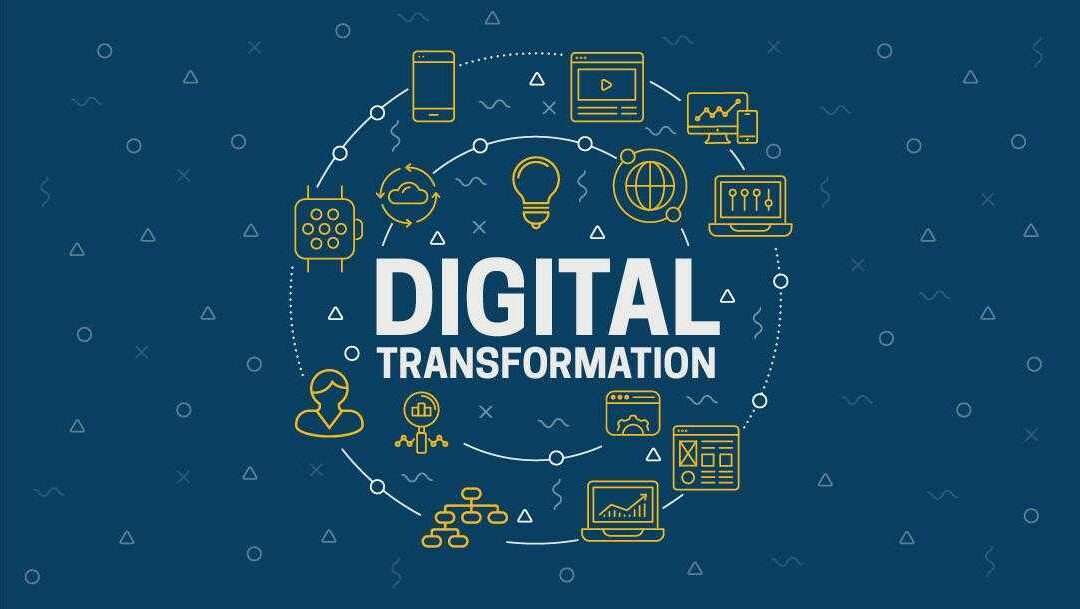
What is Job Creation?
Job creation refers to the process of generating new employment opportunities within an economy or organization. It encompasses the establishment of new positions, industries, or business sectors that provide individuals with the opportunity to earn a living. Job creation is often driven by economic expansion, entrepreneurial activity, governmental policies, and technological advancements.
Job creation can occur in various forms:
- New Businesses: When entrepreneurs or organizations start new businesses, they create new positions for workers.
- Expanding Existing Companies: Growing businesses require additional employees to handle increased demand, leading to more jobs.
- Public Sector Initiatives: Government programs, infrastructure projects, and social services can create job opportunities.
- Innovation and Technology: New industries and technologies can give rise to job opportunities in emerging sectors.
Importance of Job Creation
-
Reducing Unemployment Job creation is the most direct and effective method of reducing unemployment. When new jobs are created, people who are seeking work can find employment, thus lowering the unemployment rate. A reduction in unemployment not only improves individuals’ financial well-being but also boosts consumer spending, which can further stimulate economic growth.
-
Boosting Economic Growth Increased employment leads to higher income levels, which in turn drives consumption and demand for goods and services. Job creation enhances productivity, creates a larger workforce, and generates tax revenue, all of which contribute to national and regional economic growth. By fostering an environment where more people are employed, economies are better able to compete in the global marketplace.
-
Improving Standard of Living When people have jobs, they can support themselves and their families, improving their standard of living. Jobs provide more than just a paycheck; they also provide social benefits, health insurance, and retirement savings that increase financial security. Employment helps individuals achieve personal goals and contributes to a better quality of life.
-
Reducing Poverty Job creation is essential for poverty reduction. A job offers individuals a steady income and the opportunity to break out of the cycle of poverty. For many people, having access to stable employment means improved access to housing, education, healthcare, and other basic necessities. It is a key driver for social mobility, allowing individuals to improve their life circumstances.
-
Encouraging Innovation As new jobs emerge, industries evolve and new sectors of the economy are created. This can foster innovation as businesses look for new ways to create products, improve services, and enhance efficiency. Innovation often leads to the creation of even more jobs, as emerging industries, such as technology or renewable energy, require specialized workers.
-
Social Stability High unemployment rates can lead to social unrest, crime, and dissatisfaction within communities. roman business.com promotes social stability by providing individuals with the means to contribute positively to society. When people have stable jobs, they are more likely to engage in civic activities, support social causes, and be invested in the overall well-being of their communities.
Types of Job Creation
-
Private Sector Job Creation Private businesses are major drivers of job creation, particularly through entrepreneurship and the expansion of existing companies. As businesses grow, they create demand for workers across a range of sectors, including manufacturing, technology, retail, and services. Private sector job creation is often linked to economic trends, consumer demand, and market opportunities.
-
Public Sector Job Creation Governments at all levels—local, regional, and national—can create jobs through public services, infrastructure projects, and social programs. Government-funded initiatives such as road construction, education, and healthcare can generate employment in both direct and indirect ways. For example, building roads and bridges requires construction workers, engineers, and laborers, while social programs may employ teachers, healthcare professionals, and public safety officers.
-
Entrepreneurial Job Creation Entrepreneurship is a powerful catalyst for job creation. Entrepreneurs establish new businesses, which often require workers to fill various roles in administration, sales, marketing, operations, and more. Startups and small businesses are particularly influential in job creation, as they are nimble and often able to respond quickly to market needs. Additionally, many entrepreneurial ventures drive innovation in emerging sectors, creating even more job opportunities.
-
Industry-Specific Job Creation Certain industries, particularly emerging ones, often lead to the creation of large numbers of jobs. For example, industries like renewable energy, technology, healthcare, and artificial intelligence are experiencing significant growth, with new roles being created regularly. As these sectors expand, they provide opportunities for workers with diverse skills and qualifications, from research and development to sales and customer service.
-
Gig Economy and Freelance Jobs The rise of the gig economy has led to the creation of non-traditional job opportunities. Gig work, such as ride-sharing, freelancing, and short-term contracts, provides flexibility for both employers and employees. While gig work may not provide the same stability as full-time jobs, it has opened doors for individuals to create their own schedules and pursue multiple income streams. The gig economy also allows workers to engage in tasks or services they are passionate about, expanding job options for many individuals.
Strategies for Job Creation
-
Government Policies and Initiatives Governments play a critical role in creating jobs through policies and programs aimed at stimulating the economy. Some strategies include:
- Investing in Infrastructure: Building roads, schools, hospitals, and other essential infrastructure creates jobs in construction, design, and maintenance.
- Tax Incentives for Businesses: Offering tax breaks or subsidies to businesses that hire locally or invest in job creation can stimulate hiring. Tax credits may also be provided for small businesses, helping them expand and create new jobs.
- Education and Skills Training: Governments can invest in workforce development by providing educational programs, vocational training, and apprenticeships. By upskilling workers and preparing them for high-demand sectors, governments can increase the employability of the workforce.
- Support for Small Businesses: Small and medium-sized enterprises (SMEs) are often significant job creators. Providing financial support, access to capital, and regulatory incentives can help small businesses thrive and create new jobs.
-
Encouraging Entrepreneurship Encouraging entrepreneurship through access to capital, mentorship, and education can significantly impact job creation. Entrepreneurs often create jobs not only for themselves but for others as well. By supporting entrepreneurial ventures, governments, and organizations can increase the number of new businesses that contribute to job creation.
-
Investing in Emerging Industries Emerging sectors such as renewable energy, artificial intelligence, and biotechnology hold great potential for job creation. By investing in these industries, governments and private entities can create a sustainable job market for workers with specialized skills. For example, the renewable energy sector requires engineers, technicians, and installers, which contributes to both job creation and environmental sustainability.
-
Supporting Innovation Innovation is a major driver of job creation. Encouraging research and development in technology, healthcare, and other sectors can lead to the creation of new products, services, and industries, which, in turn, generates new job opportunities. Governments and businesses can incentivize innovation through grants, subsidies, and tax incentives for R&D.
-
Improving Labor Market Flexibility Flexibility in the labor market allows employers to hire based on demand and economic conditions, leading to more job creation. By reducing barriers to entry, such as rigid labor laws and excessive regulation, companies can hire more workers and adapt quickly to market conditions. At the same time, it is essential to ensure that workers’ rights are protected and that wages remain competitive.
Challenges to Job Creation
-
Economic Downturns During economic recessions or downturns, job creation can stagnate as businesses cut back on hiring and investments. Uncertainty in the market can lead to higher unemployment rates and a reduction in available job opportunities.
-
Technological Displacement While technology and automation create new industries and job opportunities, they also displace workers in traditional sectors. Job displacement due to technology, such as automation in manufacturing, can lead to job losses and skill gaps, requiring a focus on retraining and reskilling workers.
-
Skill Gaps In many countries, there is a growing mismatch between the skills workers possess and the skills needed by employers. To address this challenge, governments, businesses, and educational institutions must collaborate to ensure that workers are adequately trained and equipped to meet the demands of the job market.
-
Globalization Globalization can lead to job outsourcing, particularly in manufacturing and lower-wage sectors. While globalization can boost economic growth, it can also result in job losses in certain industries, especially in countries with high labor costs.
Conclusion
Job creation is essential for economic growth, social stability, and individual well-being. It reduces unemployment, lifts people out of poverty, and fosters innovation and productivity. While challenges exist—such as economic downturns, skill gaps, and technological disruption—governments, businesses, and entrepreneurs can play pivotal roles in driving job creation through supportive policies, investments, and innovation. By focusing on creating new jobs, economies can achieve long-term growth, stability, and prosperity for all.









